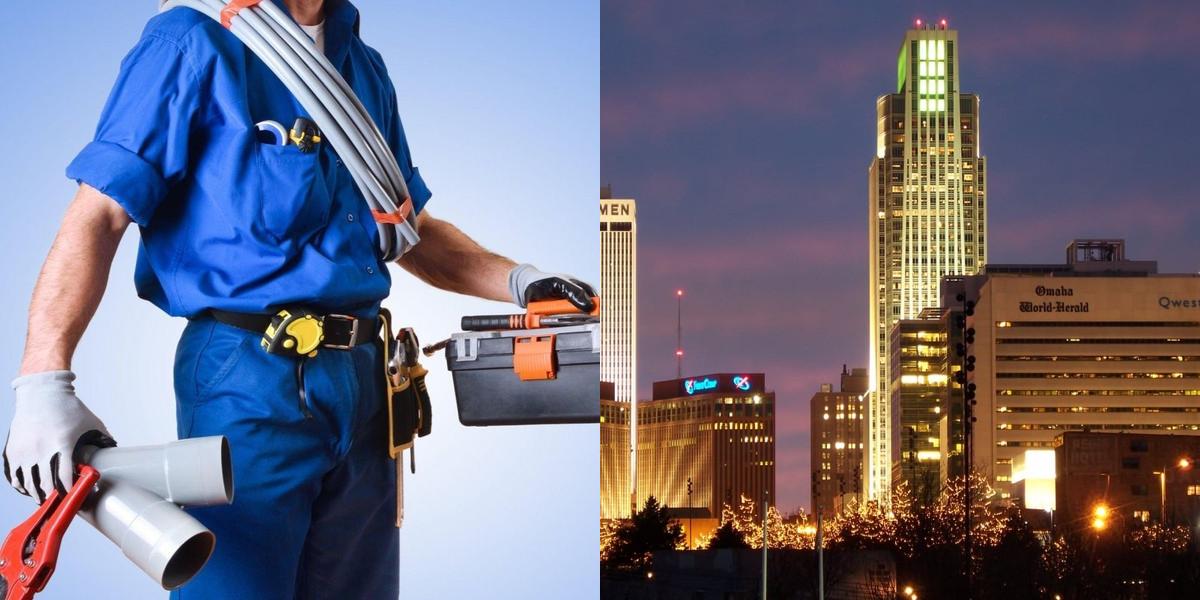How to Become a Plumber in Nebraska (2025)

Plumbing is a high-demand career in Nebraska offering steady income, long-term growth, and job security. Here's a step-by-step guide to becoming a licensed plumber—and earning over $68,660 per year.
How to Get Certified as a Plumber
Plumber certification steps include:
- Apprenticeship or trade school (required)
- Pass the state exam
- Apply for your license
- Renew periodically with continuing education
Certification is required to work legally and helps increase pay and credibility.
How to Get a Job as a Plumber in Nebraska
- Apply at construction firms or maintenance contractors
- Check job boards like Indeed and CareerBuilder
- Visit union halls or local trade groups
- Start your own business once licensed
Tip: Bring a portfolio of your projects and certification when applying.
Career Paths and Opportunities
Plumbing opens multiple routes:
- Journeyman Plumber – Full-time licensed worker under master supervision
- Master Plumber – Oversees teams, designs systems, earns more
- Plumbing Contractor – Own your business, hire staff
- Inspector – Work for cities reviewing plumbing safety/code compliance
- Specialist – Focus on pipefitting, water heaters, gas lines, etc.
Frequently Asked Questions
Do you need a license to be a plumber in Nebraska?
Yes. A state license is required for legal practice.
How long does it take to become a plumber in Nebraska?
Usually 4–5 years (apprenticeship + license exam).
How much does a plumber make in Nebraska?
$68,660 per year on average (BLS).
How much does plumbing school cost?
Costs vary, but trade schools range from $3,000 to $15,000.
Are emergency plumbers in demand?
Yes. Emergency plumbing services are highly requested, especially nights and weekends.
Final Thoughts
Becoming a certified plumber is a fulfilling career choice with diverse opportunities and excellent income potential. By following the steps outlined in this article, you'll be well on your way to earning your certification and embarking on a successful plumbing career. Stay engaged in the field, keep learning, and leverage networking opportunities to boost your job prospects and career advancement. Take the first step today and start building a rewarding future as a plumber!
Are you thinking about a job change or wanting to learn more about different career paths? Feel free to check out these additional articles:

Alyssa Jane is part of the customer success team at Dreambound. She works with students, training providers, and employers, helping them have a smooth customer journey. She is also an ESL tutor and Licensed Psychometrician. She is fond of traveling, photography, and discovering new restaurants.




